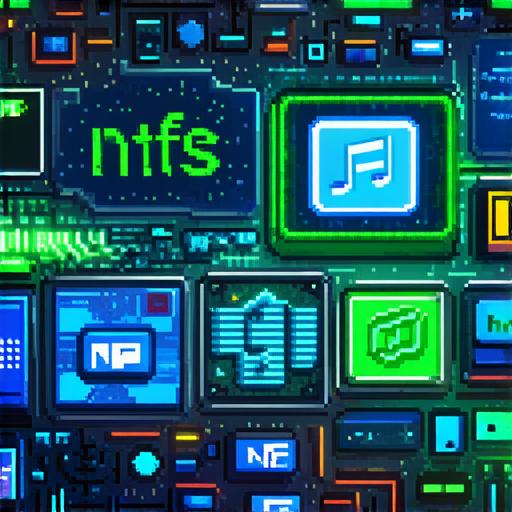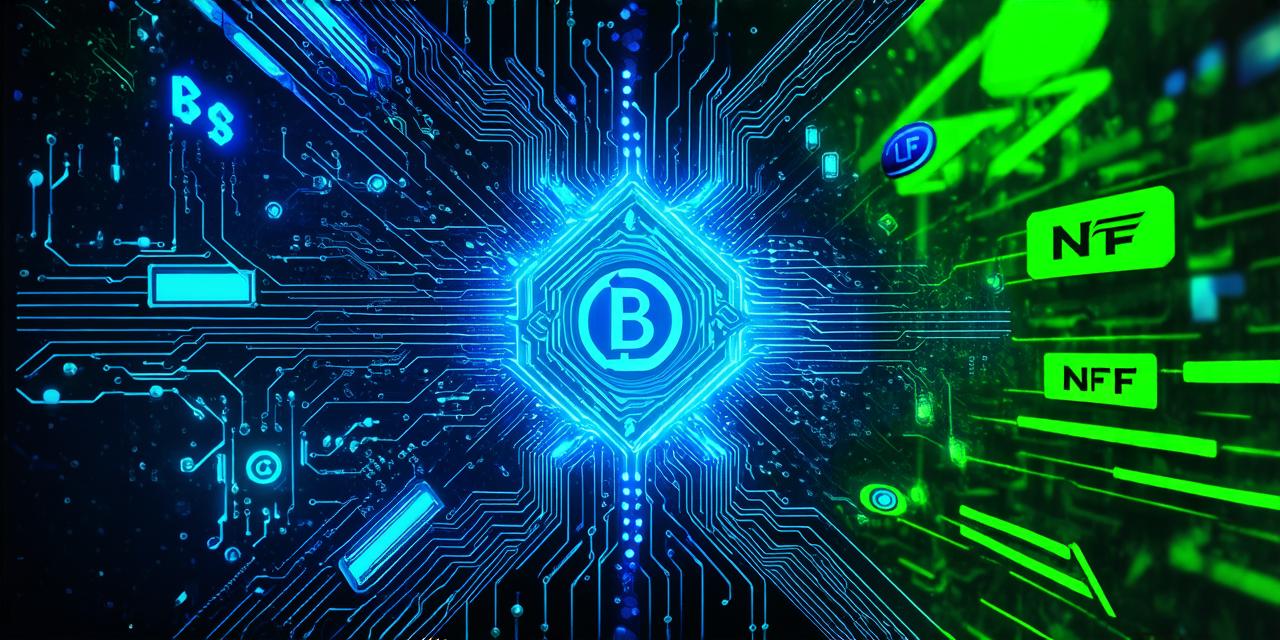
What are NFTs?
NFTs are digital assets that are unique and cannot be replaced or exchanged for something else of equal value. They are often used in gaming as a way to monetize items and provide players with exclusive content that cannot be obtained through traditional means. There are several different types of NFTs, including collectibles, artworks, and utility tokens, which can be used to gain access to specific games or services.
The rise of the NFT market
In 2017, the first NFT marketplace was launched, paving the way for the creation and sale of digital assets on a blockchain platform. Since then, the market has grown rapidly, with millions of users around the world buying, selling, and trading NFTs. The COVID-19 pandemic also had a significant impact on the NFT market, as more people turned to gaming as a way to stay entertained while stuck at home.
The benefits of NFTs for game developers
There are several benefits that NFTs can provide game developers. Firstly, they allow creators to monetize their work in new and innovative ways. By selling NFTs that represent unique in-game items or collectibles, developers can generate revenue without relying on traditional subscription models. This can be particularly beneficial for smaller studios that may not have the resources to develop a large player base.
Secondly, NFTs can provide players with exclusive and valuable content. By creating limited edition items that can only be obtained through the purchase of an NFT, developers can create scarcity and increase demand for their products. This can also lead to increased engagement among players, as they feel like they are part of an exclusive community.
Finally, NFTs can provide a level of transparency and security that is not possible with traditional digital assets. Each NFT is stored on a blockchain platform, which allows for secure and transparent tracking of ownership and value. This can be particularly beneficial in games where players may trade items or collectibles with each other, as it ensures that all parties involved have access to accurate information about the assets being traded.
Is the NFT market still in operation?
Despite some concerns about the future of the NFT market, there is no evidence to suggest that it is not still operating effectively. In fact, the market has continued to grow and evolve in recent years, with new platforms and technologies emerging to support the creation and sale of NFTs. Some experts predict that the NFT market will continue to grow exponentially in the coming years, as more people become aware of its potential for creating value and generating revenue.
Case studies of successful NFT games
There are several examples of games that have successfully incorporated NFTs into their gameplay. One notable example is Cryptokitties, a blockchain-based game that allows players to collect and breed unique digital cats. The game has generated millions of dollars in revenue through the sale of NFTs representing these cats, and has become one of the most successful games on the Ethereum platform.
Another example is Axie Infinity, a role-playing game that combines strategy and collecting.
